Leadership in Crisis Management: 10 Effective Ways to Build Resilience
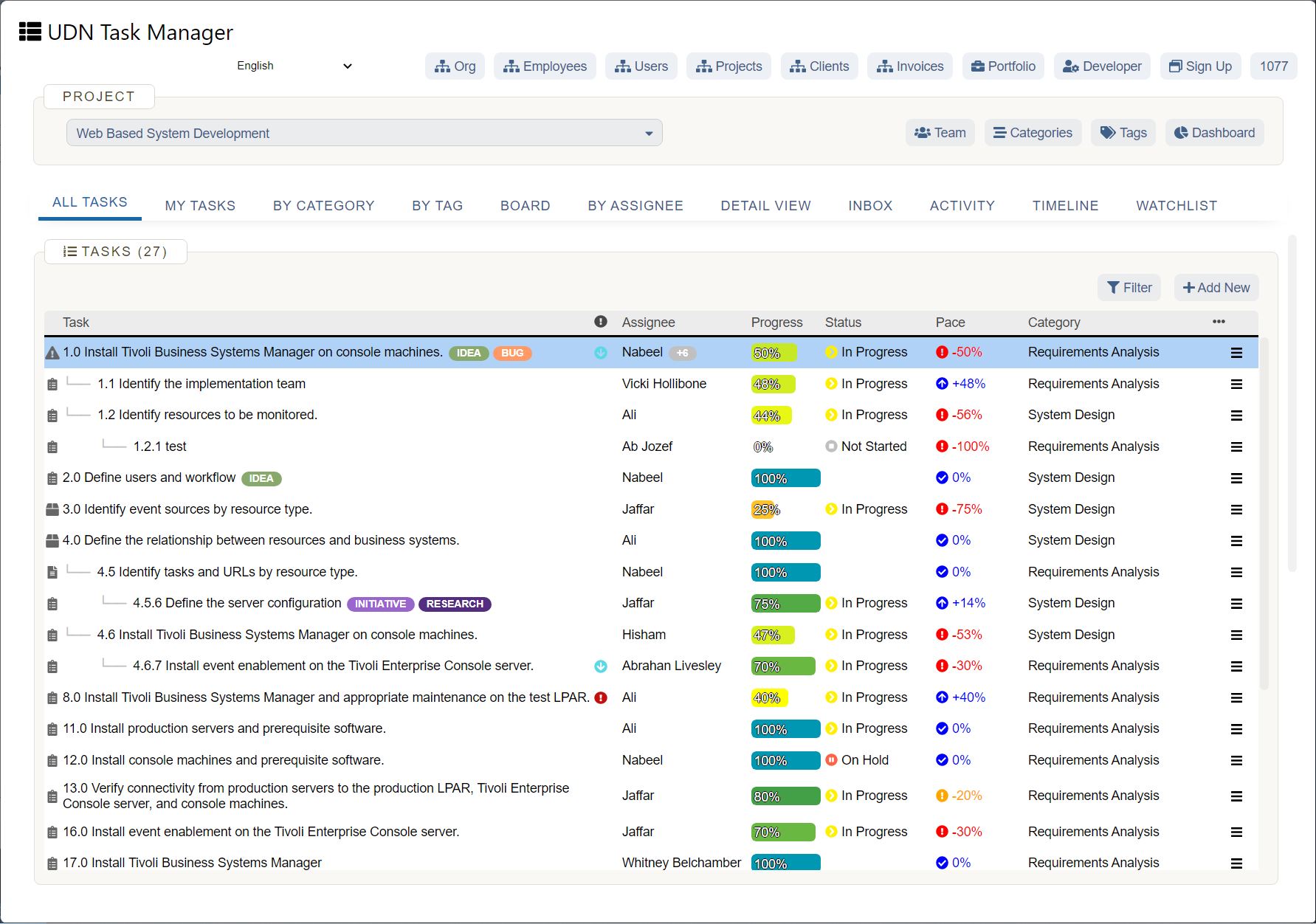
In this write-up, Fred explores how leadership in crisis management may evolve in order to build resilience at blue-chip conglomerates and nonprofits alike.
No matter how perfect you are as a professional or how great your company’s contingency plan is regarding an outbreak, no manual can teach you leadership in times of a global pandemic , no cliff notes to help you form decisions and no guide on how to interact with all of the people attached to your project or business.
Leadership in crisis management is definitely tough…
Nowadays, the world is a completely different place as we have known it to be for a very long time. Everyone is new to this and there is no leader in the world, no matter if they’re leading a business or a country, whose skills as a leader are not being tested monumentally.
Right now, if you are a part of a business, community, or country, it all comes down to how strong your will and the will of everyone around you is. It’s an open challenge to find out the level of resilience we all have as humans.
You may think of it as a test of our leadership in crisis management self-evaluation…
When asked about how his business was responding to the current pandemic, the founder of Slack had an amazing introductory note to start with. He said, “I’m a human. I worry about my family and am deeply concerned about the millions whose jobs and health are at risk.”
All around us we see every day that true leaders are not taught but forged in the furnace that is known as adversity. Leadership in crisis is the only way to form true heroes that respond with vulnerability and empathy even when they are making the hardest decisions of their professional or personal life.
In a time of crisis, all of your team members expect their leader to guide and support them through these difficult times. As a leader, you need to make sure that you keep the morale up so that the confidence levels of the troops will rise and they will be able to tackle any difficulty that comes forth.
The following are some of the most effective tips and tricks to build resilience in a time of crisis.
1. Leaders should Always Lead from the Front

Leaders are the people that are the most capable and strongest spirits among the troops. They are made leaders because they know how to handle any adversary who comes in front of them. That’s why a leader has to have a singular trait that renders all the traits useless and that is confidence.
A leader should be, above all else, confident. They need to be steadfast when they take charge of their troops and they need to make all of their decisions on pure facts and crystal-clear information.
A true leader has to keep another thing in mind that will differentiate them from everyone who is in the same position as him but other companies. They need to clever enough to know when some project or duty is beyond their level of expertise and leave that task to the expert at hand.
This sometimes happens in the organizational paradigm when a particular project manager or product owner is not capable of tackling a task or a development command. When this happens, they need to let go of the reins and let an expert on the team tackle that task effectively.
2. The Team must be Shown Empathy by the Leader

A true leader has to be visible like a shining beacon in a storm. They need to visible to their adversaries as walls of strength but they also need to be visible if they want their team to be more confident in what they do.
Your team should always feel your presence among them and if they have a hard time handling stress when there is severe pressure from internal and external factors then you as a leader should advise them that they should take a crisis management training course that will help them with this issue.
Leaders in tough situations need to be creative – Leadership in crisis management demands that you train your employees through certifications and refreshers.
Furthermore, you need to make sure that you have a solid connection with your team that will help you and them in the days to come when there will be immense pressure from both the internal and external factors.
There’s no hard and fast rule involved in getting to know your troops . Even a simple greeting in the morning and acknowledging the work that they are doing for you and the company is enough to make them confident enough to take on any obstacles in their way.
How? Because, when employees are working in a large organization, they sometimes feel very powerless and insecure about their role in the company. When you, as a leader, will acknowledge their effort, they will feel confident about the work they are doing for the company and ultimately productivity will increase.
3. Make a Backup Plan to keep the Ship from Sinking
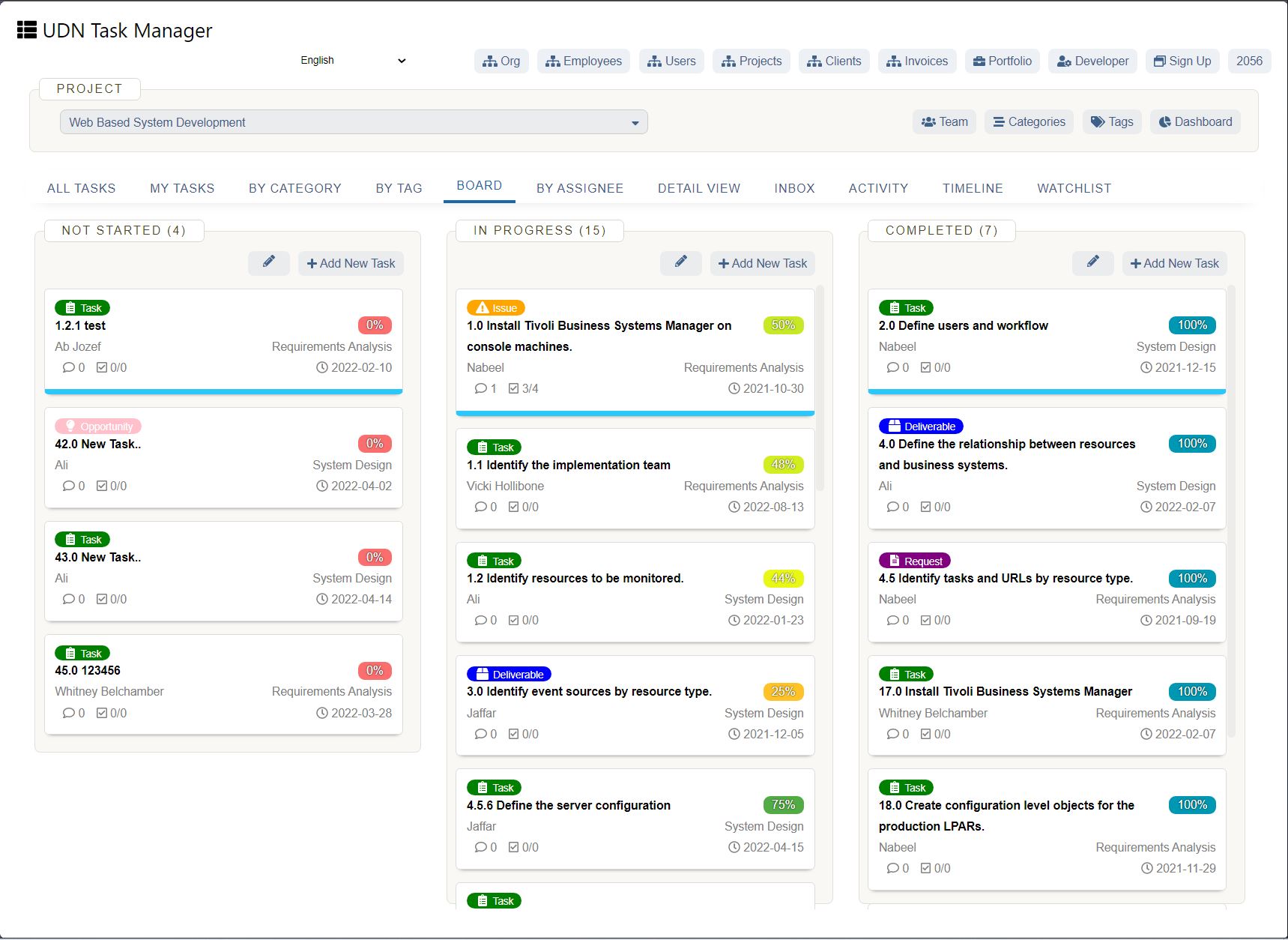
As a leader, you should know when you are beaten. You need to understand that it’s a part of the war but losing a battle doesn’t mean that you are going to lose the war all of a sudden. That’s why a true leader needs to have a backup plan that becomes operational when the company is under crisis.
This plan consists of orders and instructions to keep some of the very essential systems and procedures that are necessary to keep the company afloat, be protected. This helps you buy some time and rebuild all that you have lost and strike back at all of the obstacles that did you harm.
You need to make sure that this backup plan is well versed by everyone involved in the company so that everyone knows their role when the normal work procedures are no longer functional in the company.
Also Read:
12 Leadership Styles Examples That You Need to Know
4. Track and Take Control of the Team’s Workflow

As a leader, you should initiate a dialogue with every member of your team individually or as a group. You need to make sure to know everything that is in their mind regarding the project and the company.
Why? Because these team members are the experts in their fields and have assessed every factor and every scope creep that may or may not arise in the future.
When you initiate a dialogue and they tell you about all of the issues, you can act swiftly and take care of all of the scope creeps from damaging your project in the future.
One thing you also need to keep in mind is that as a leader you need to keep an open mind and be the bigger person when it comes to you and the team members.
Why? Because in times of crisis not everyone behaves the same and you need to make sure that you keep morale up and make the team confident that they are ready to take on any crisis that comes in front of them.
5. A Leader Must be Aware of the Climate Around Them
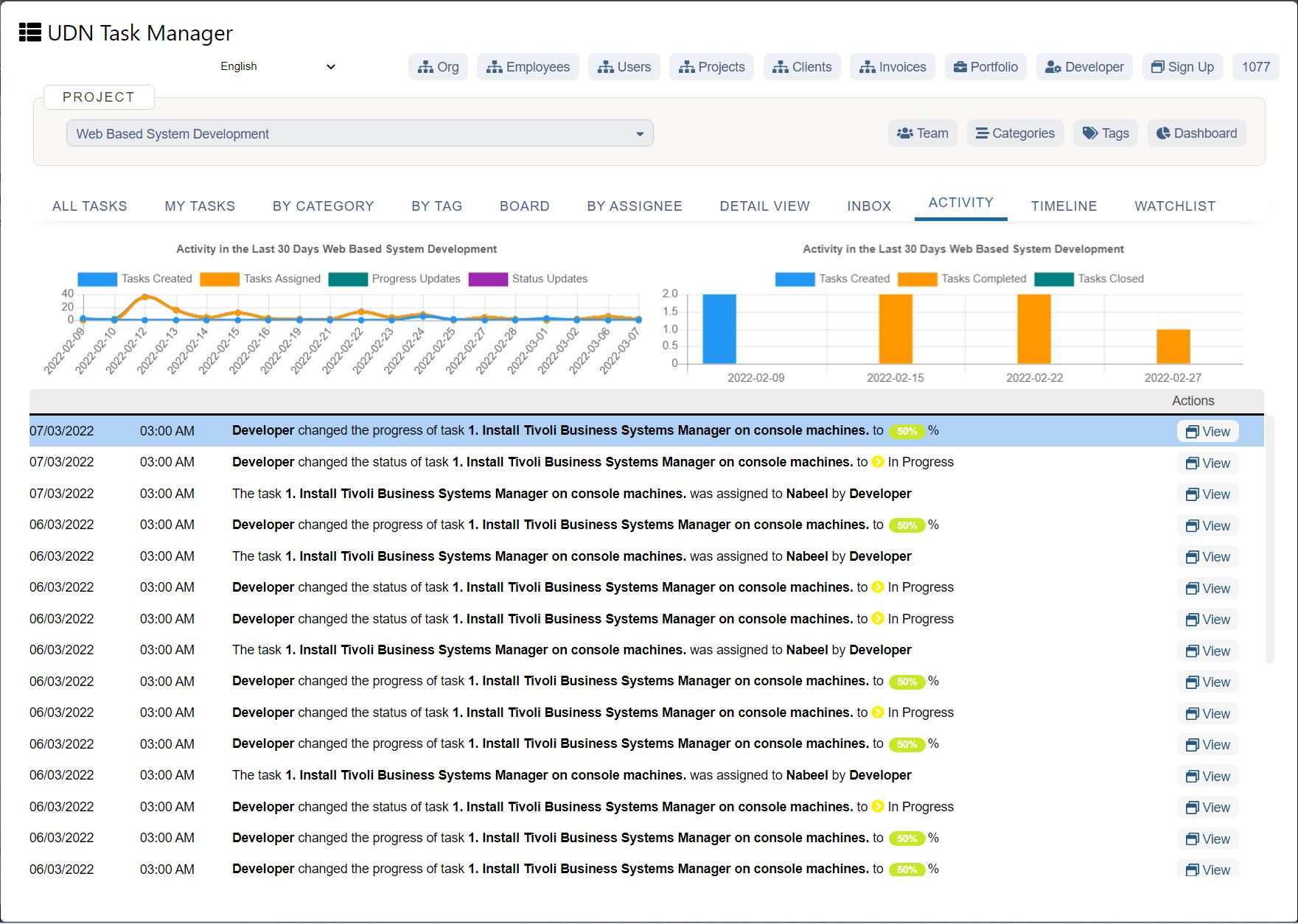
As a leader, you need to be on the front line and encircle every friend or foe that is close to your border. This will help you sense when a storm is brewing and you can timely and effectively warn the troops to arm up and defend themselves.
You need to detect any and every scope creep from the very first day and create effective strategies that will help you, the team and the company to fend off every enemy when they face a time of crisis.
To make the troops more alert, you need to make sure that you communicate all of the details regarding the crisis to the troops so that they know exactly what the impact of this crisis will be on them and the company.
This might interest you:
One Minute Manager and 6 Apps to build Self-Leadership
6. Leaders Must Stay Alert by Establishing Communication Channels

We can’t stress it enough that the leader has to be in constant communication with their troops at all times. Just like when the leaders are communicating to the teams in general and greeting them, they need to be extra pushy when it comes to communicating with their teams in the time of crisis like the Coronavirus pandemic.
Leaders all around the world are trying to run their companies by communicating with their teams through lots of different communication applications so that they can make their business work and not let it sink in this time of crisis.
Teams should also be heavily encouraged to be in constant contact with their peers and their managers so that there are no empty spaces between them and the project. This will ultimately result in a much stronger team and high yield results.
7. A Leader Should Never Panic

As a leader, you should always be ready. Ready to wreak havoc and ready to turn around to save the company if the crisis wreaks havoc. To make sure that you always remain standing, you need to propose solutions and share the process and techniques that you would use to tackle the crisis.
Why? Because this will make sure that your company respects you and knows that their leader has them covered in any and every situation.
The team members, when they will see that their leader will never waver, will become more confident and productivity levels will increase to the point that if a crisis comes forth, the company will start to recover from the crisis and no damage would be done.
And all of this happens just because the leader never panics and never surrenders.
We know that during this pandemic, the managers and the leaders have had a hard time communicating their leadership to the troops but to overcome this difficulty and address your virtual troops, you can use any communication tools like Slack or MS Teams to get your affairs in order.
Learn more on virtual team challenges:
Managing Virtual Teams: Challenges, Tips & Virtual Team Management Tools
8. Leadership in Crisis Management – Planning is Essential
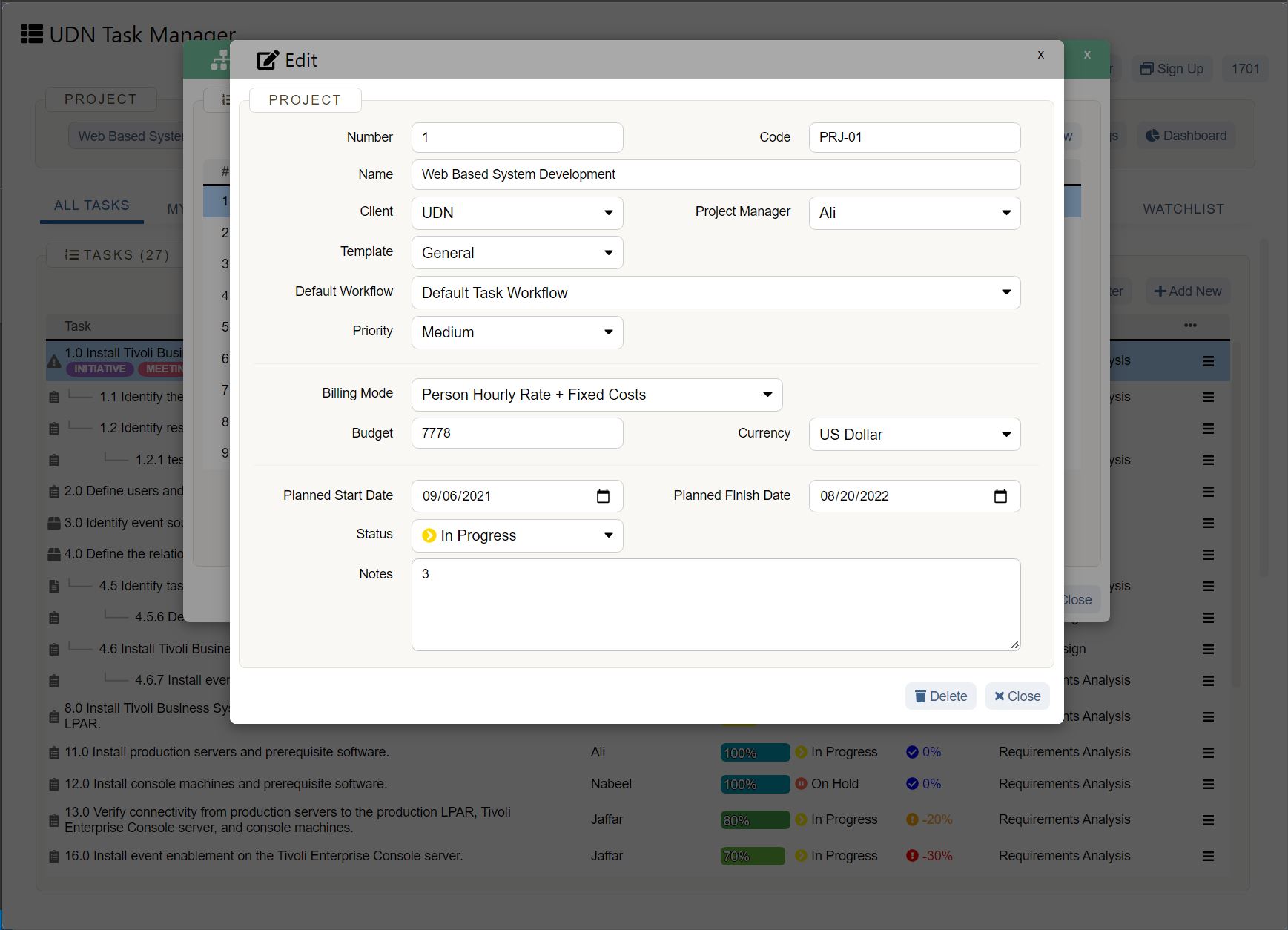
As a leader, you need to have the most effective planning tools and execution processes for the course of action that was laid down by the company. To be successful in the ever-changing market you need to make speedy decisions and delegate the right amount of talent and troops to diffuse a situation.
And this will only possible when you’ll know the strengths and weaknesses of your troops and that is only possible when you would have properly communicated with the troops. So, we can’t stress this enough that if you are a leader, you need to communicate with your troops as much as you can.
The planning to diffuse the crisis should be the highest priority when something faces your troops. If you haven’t planned for a crisis beforehand, you can still make the troops go into a problem-solving mode so that you can plan quickly and save the company before your leadership fails.
9. Disallow Negativity
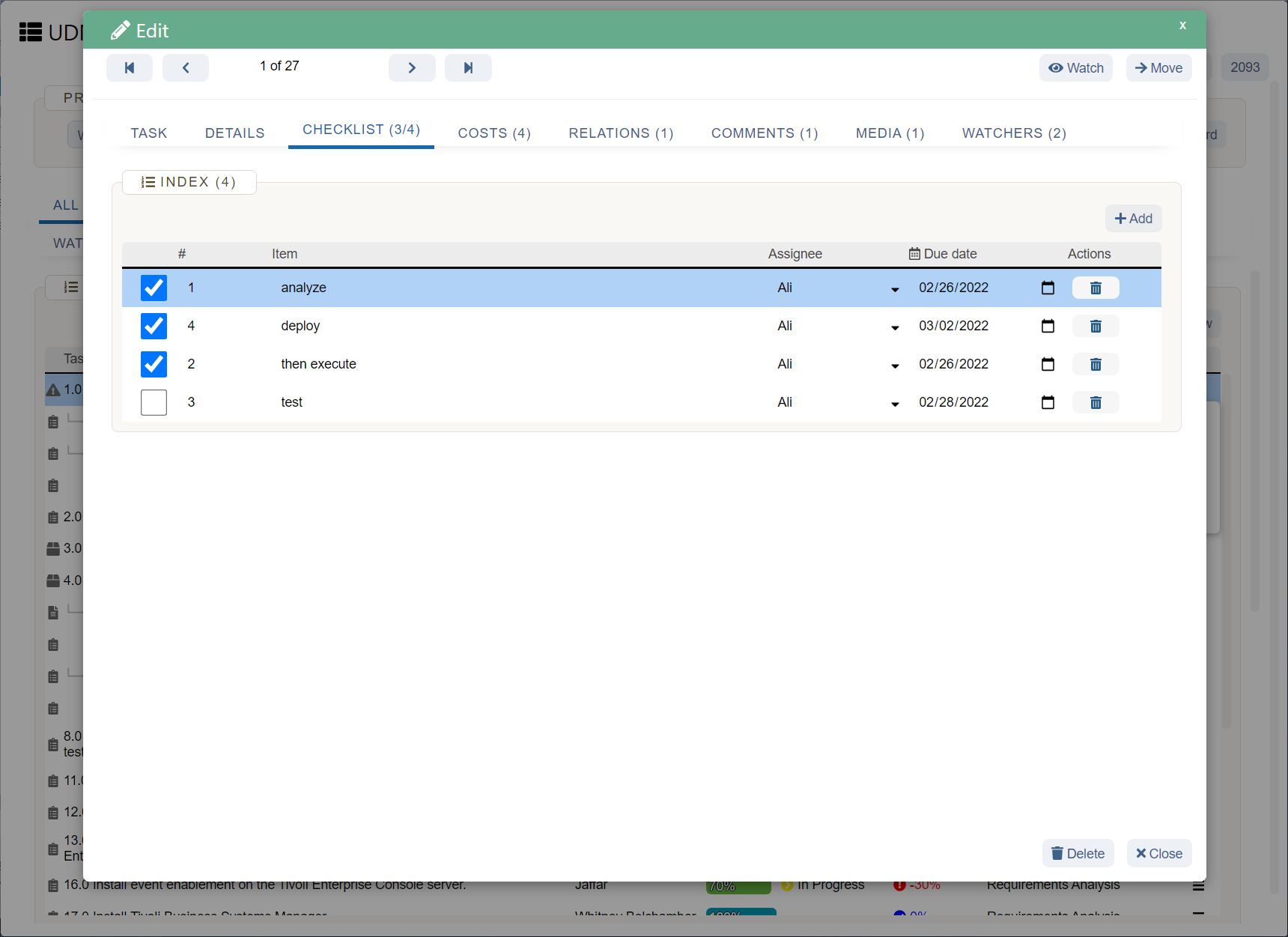
One other thing that you need to make sure to keep your company away from is negativity . Negativity is a virus that affects your company from the lowest possible link to leadership.
As a leader, you should stay away from leadership and also you need to make sure that your troops are properly motivated every time they start to work in the morning so that even if someone does try to spread negativity around the organization, your troops quickly neutralize the situation .
10. Leadership in Crisis Management – Learn from the Crisis
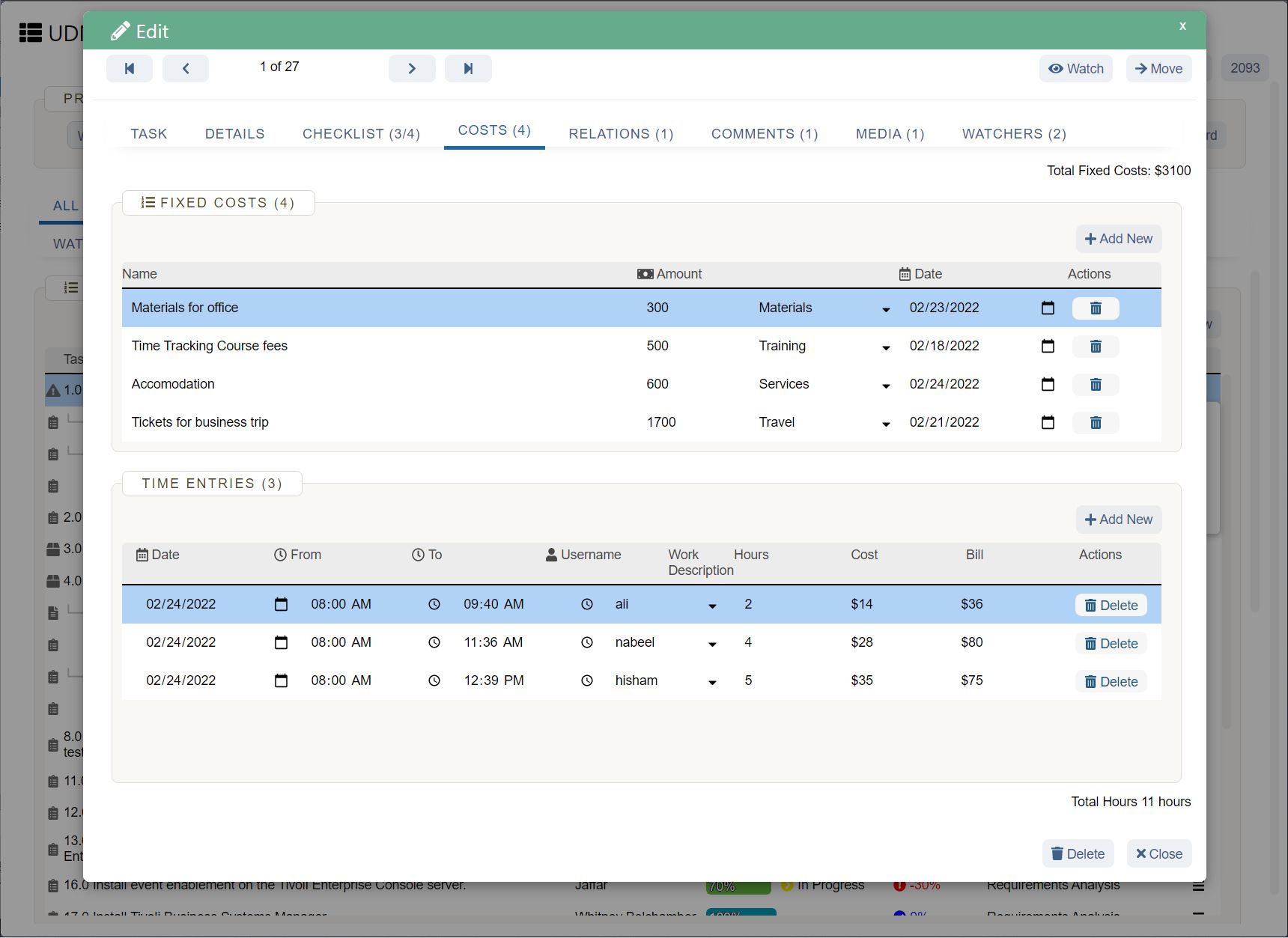
As a leader, you need to make sure that your team creates a well-documented log of everything that takes place when there is a crisis happening. Why? Because to make sure that there are no reoccurrences of this crisis, you and your team need to study that log and arm yourselves to diffuse it before it can pounce.











